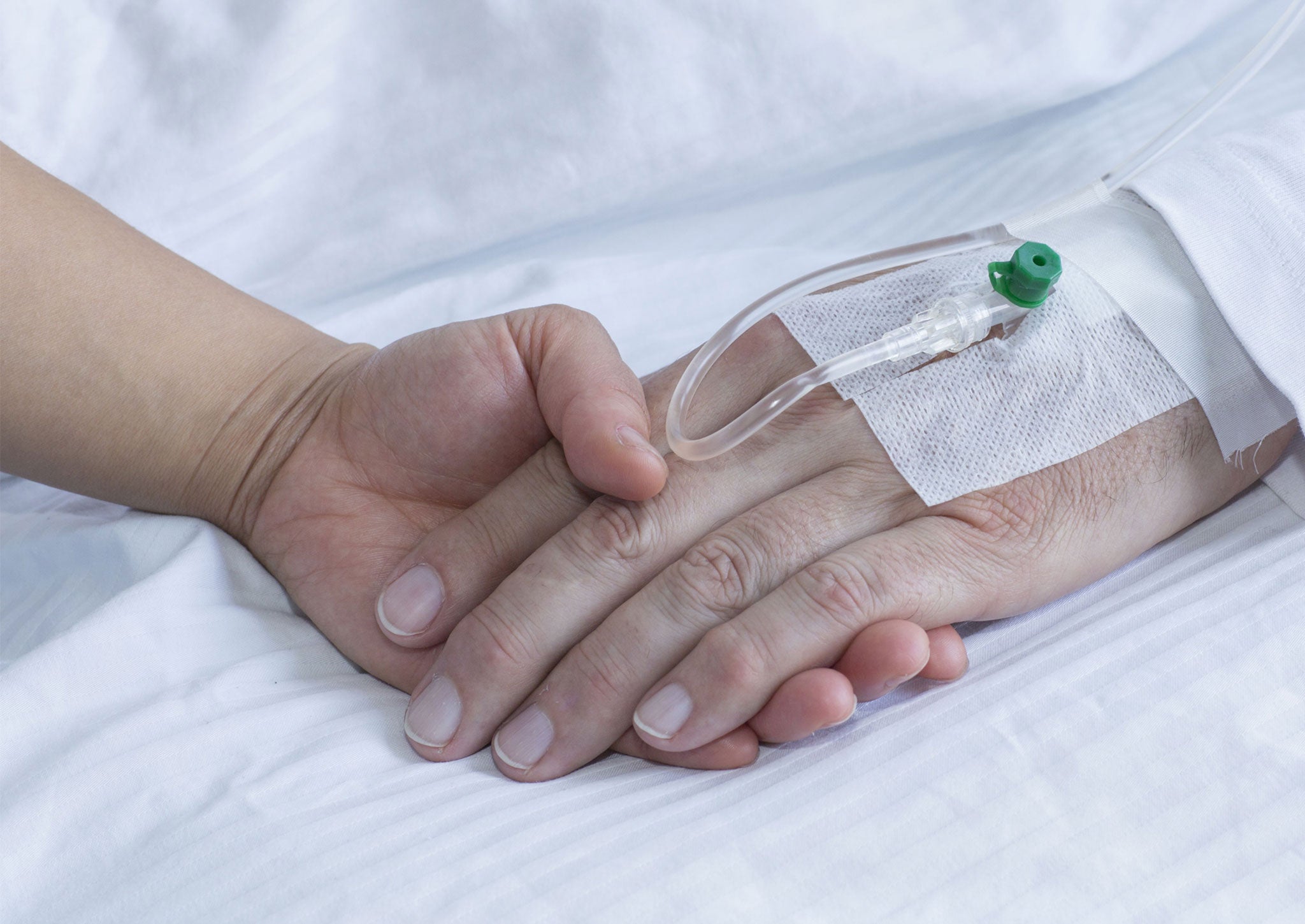Assisted Dying Bill supporters and opponents gather outside House of Lords as legislation debate gets underway
'We want life, they want death,' shouted the ‘no’ camp, dressed in white. 'Bigots,' screamed back a man in the pink-clad ‘yes’ camp

Your support helps us to tell the story
From reproductive rights to climate change to Big Tech, The Independent is on the ground when the story is developing. Whether it's investigating the financials of Elon Musk's pro-Trump PAC or producing our latest documentary, 'The A Word', which shines a light on the American women fighting for reproductive rights, we know how important it is to parse out the facts from the messaging.
At such a critical moment in US history, we need reporters on the ground. Your donation allows us to keep sending journalists to speak to both sides of the story.
The Independent is trusted by Americans across the entire political spectrum. And unlike many other quality news outlets, we choose not to lock Americans out of our reporting and analysis with paywalls. We believe quality journalism should be available to everyone, paid for by those who can afford it.
Your support makes all the difference.A cacophony of opposing chants made the pavement outside the House of Lords a battle of voices today as fervent supporters and opponents of the Assisted Dying Bill made a last ditch attempt to have their views heard.
“We want life, they want death,” shouted the ‘no’ camp, dressed in white. “Bigots” screamed back a man in the pink-clad ‘yes’ camp, backed up by a group chant of “We want change”.
Contradictory placards added to the confusion. White signs boasted: “Only 43 per cent back bill,” while pink placards on the other side claimed “80 per cent want change.”
“Their idea of compassion is an oxymoron,” a woman who called herself Dennis Queen said, jabbing her finger at the ‘yes’ group on the other side of the metal barricade. “They don’t say it’s compassionate to kill anyone who’s not sick and disabled. It’s a eugenic law.”
Ms Queen, 41, from Manchester has an autoimmune disease and uses a wheelchair. She campaigns for Not Dead Yet and believes the bill will leave disabled people vulnerable to abuse.
“If I get depressed, which I have been before, I want to know that if that happens I’ll be afforded the same help as anyone else and not given a lethal dose,” she said.
Lucy Aliband, 44, from Richmond, who was on the pink side with Disabled Activists for Dignity in Dying, disagreed. She was in a car accident nine years ago, which gave her a brain injury and a spinal cord injury.
“There’s this perception that disabled people and their families are against assisted dying, but that’s rubbish,” she said. “This bill is not about disabled people getting assistance to die. This is for terminally ill people who are likely to die within six months. When you’ve been there and held the hand of someone dying in pain you want to be able to help.”
Julie Lewis, 61, said she thought changing the law was the only humane solution. “My father had terminal bladder cancer. He couldn’t face the indignity and the pain and at 80 years old, walking on a stick, he threw himself in front of a train at West Byfleet station. It’s a dreadful way to go but he was desperate. We call ourselves a mature, civilised society but you wouldn’t let animals suffer that way.”
Join our commenting forum
Join thought-provoking conversations, follow other Independent readers and see their replies
Comments